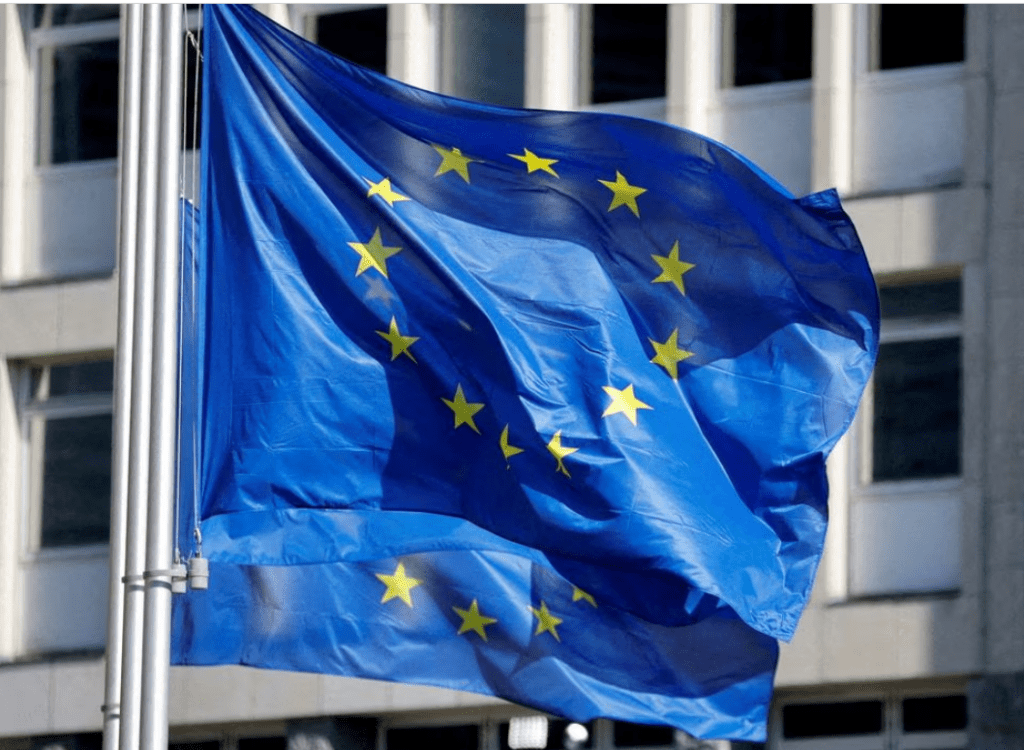
The EU has announced draft measures for the AI act. As with GDPR, the AI act also has implications for businesses worldwide.
To put this in context, Italy has now withdrawn its ban on chatGPT and in the UK, the government has pledged an initial £100 million to establish a Foundation Model Taskforce.
So, we will see all countries positioning themselves in a world dominated by AGI
There are two key points in this draft legislation:
- AI systems will be classified based on their perceived risk (minimal, limited, high and unacceptable).
- The proposed AI act potentially could force companies to disclose copyrighted source information on which the model is trained. Final discussions are still pending and the act is supposed to be applicable only in 2025
Here are my thoughts on the implications of the draft EU act
- There is no ban even for high-risk tools where extra transparency will be needed. That means the idea of an actual ban proposed by the 6-month ban in the recent letter is a nonstarter.
- The current scope is broad enough to cover future applications (which can be simply classed into a category)
- The copyrighted material clause is interesting. Does it mean anyone who crawls the web should declare the source? Could it affect search engines also?
- Many of the companies that claim copyright payments are aggregators. How do Getty, Reddit and stack overflow plan to share the revenue with the contributors on their site
- The copyright clause will actually make it harder for new LLMs to be trained in my view – thereby reducing competition in the LLM market which is bad in my view
But this is just the beginning. I think the discussion will continue for years to come. i also suspect that there are some technical solutions possible which I discussed some time ago presenting probably the only real use case for blockchain
image source: Reuters
